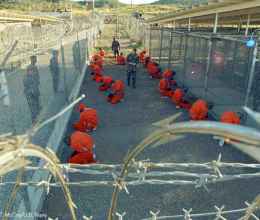ACLU-D.C. lawyers and advocates are among the nation's leading experts on civil liberties and constitutional freedoms. They are regularly sought out by leading broadcast, print and online media to lend an essential voice to the conversation about some of the most important issues facing the nation and the District.
For all press inquiries, please contact: [email protected]



